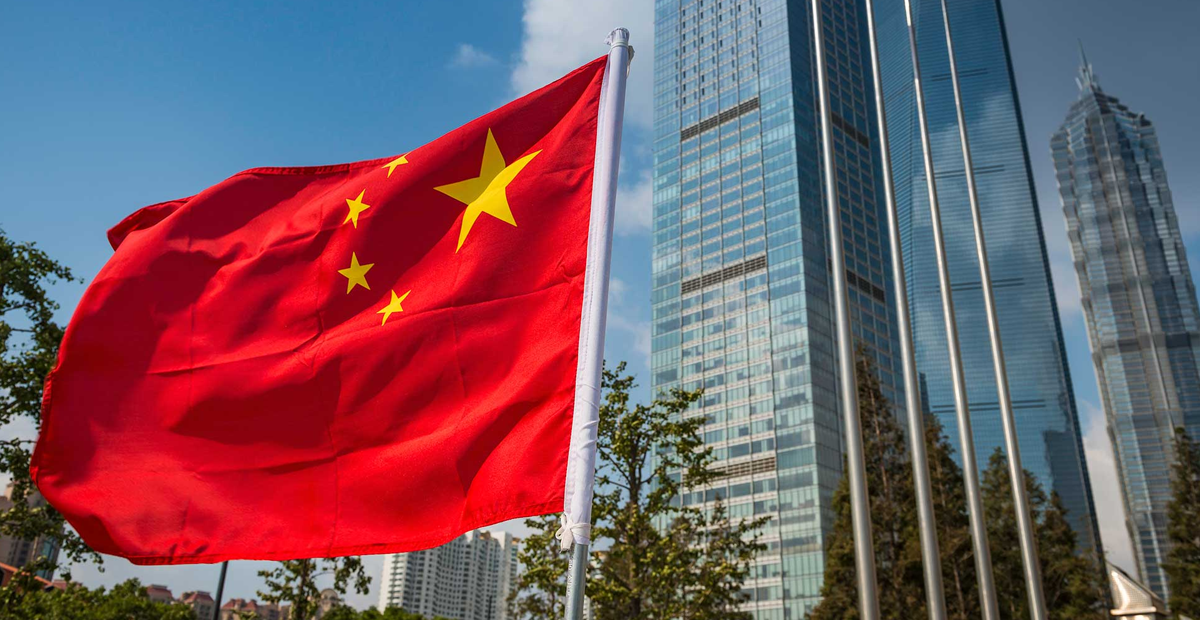China Schedules Meeting to Discuss $138 Billion Ultra-Long Debt Offering
China is set to launch the initial phase of its ambitious 1 trillion yuan ($138 billion) ultra-long special sovereign bond issuance this Friday, aiming to bolster the world’s second-largest economy. This announcement was made by the Ministry of Finance, which plans to issue various tranches of these bonds, beginning with 30-year bonds this week.
Subsequent offerings are scheduled with 20-year bonds to be issued from May 24 and 50-year bonds from June 14. A final batch of 30-year notes is slated for release in November, though the specific amounts for each issuance have not been disclosed.
Details from Bloomberg earlier on Monday suggest that the bond issuance will be divided as follows: 300 billion yuan in 20-year bonds, 600 billion yuan in 30-year bonds, and 100 billion yuan in 50-year bonds. This information was provided by sources who preferred to remain anonymous due to the sensitivity of the details.
The decision to sell these bonds was first revealed during the National People’s Congress in March, where policymakers expressed their commitment to increasing fiscal support to mitigate the economic strain caused by high debt levels among local governments. This strategy marks only the fourth occurrence of such a sale in the last 26 years, with the previous instance in 2020, intended to finance measures against the pandemic.
This bond sale emerges amidst signs of a contracting credit landscape in April, notable for being the first such contraction as the pace of government bond sales decelerated. The amount of new bonds issued by Chinese authorities and policy banks in the first quarter dropped to half of last year’s figures. This reduction was influenced by borrowing restrictions on highly indebted regions and the ongoing allocation of funds from last year’s sales.
Recently, however, there has been a noticeable acceleration in bond sales. Just last week, provincial governments issued a record amount of new notes since February, heeding the central government’s directive to expedite local bond issuances. The Politburo, in April, also emphasized the urgency of commencing the special sovereign debt sale.
According to Ding Shuang, chief economist for Greater China and North Asia at Standard Chartered Plc, this central bond sale is crucial for expediting fiscal expenditure, which has been sluggish. He predicts that the People’s Bank of China (PBOC) might lower the banks’ reserve requirement ratio by 25 basis points alongside the bond sale to maintain liquidity, potentially paving the way for a reduction in the loan prime rate.
Despite robust performance in the first quarter, challenges persist with consumer demand weakening amid an ongoing property crisis and a tepid job market. Additionally, exports, which have been a highlight this year, face uncertainties due to escalating tensions with key trading partners and concerns over China’s excess manufacturing capacity. Nonetheless, the government is focusing on infrastructure spending as a pivotal strategy to achieve its ambitious growth target of around 5% for the year.

.webp)




